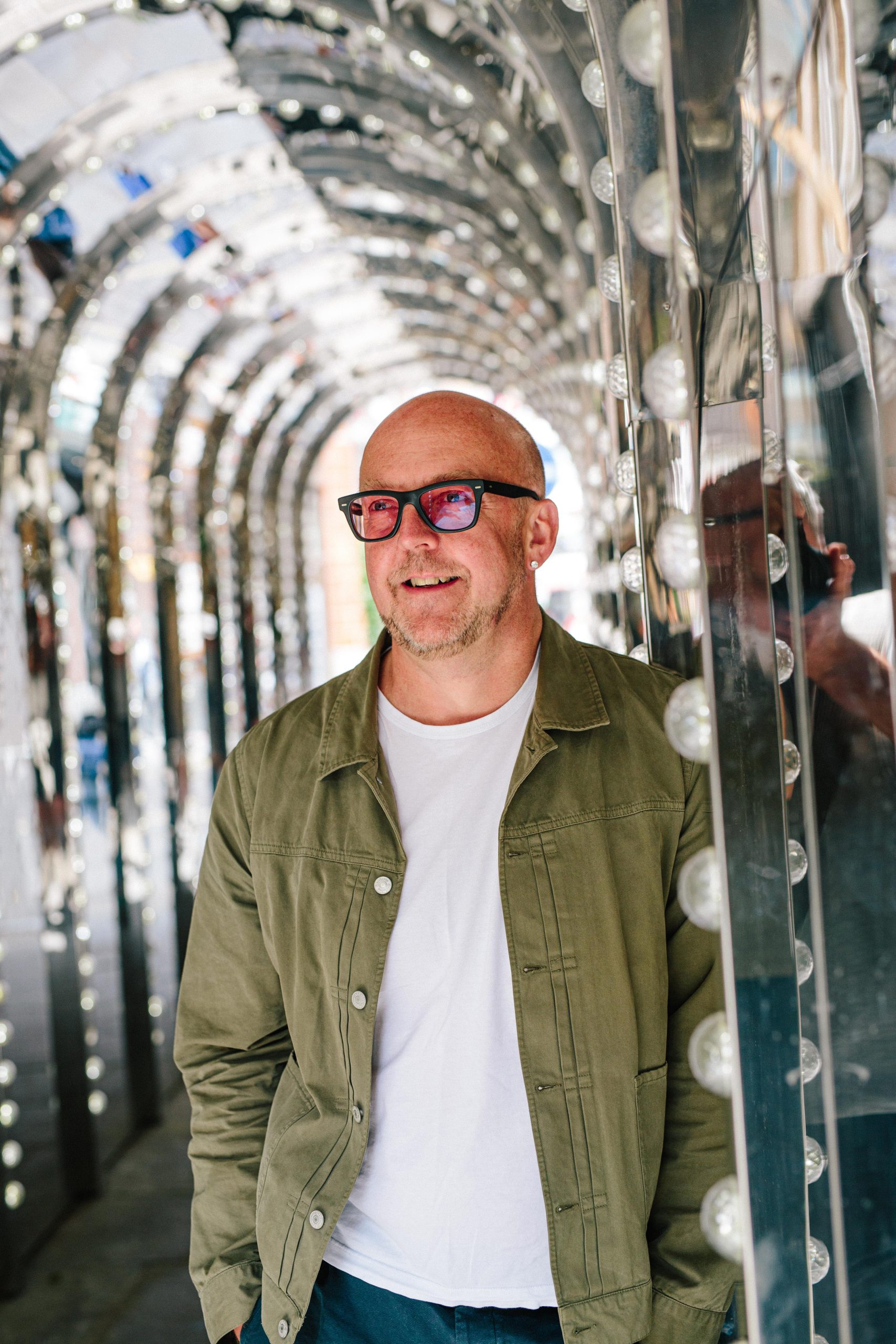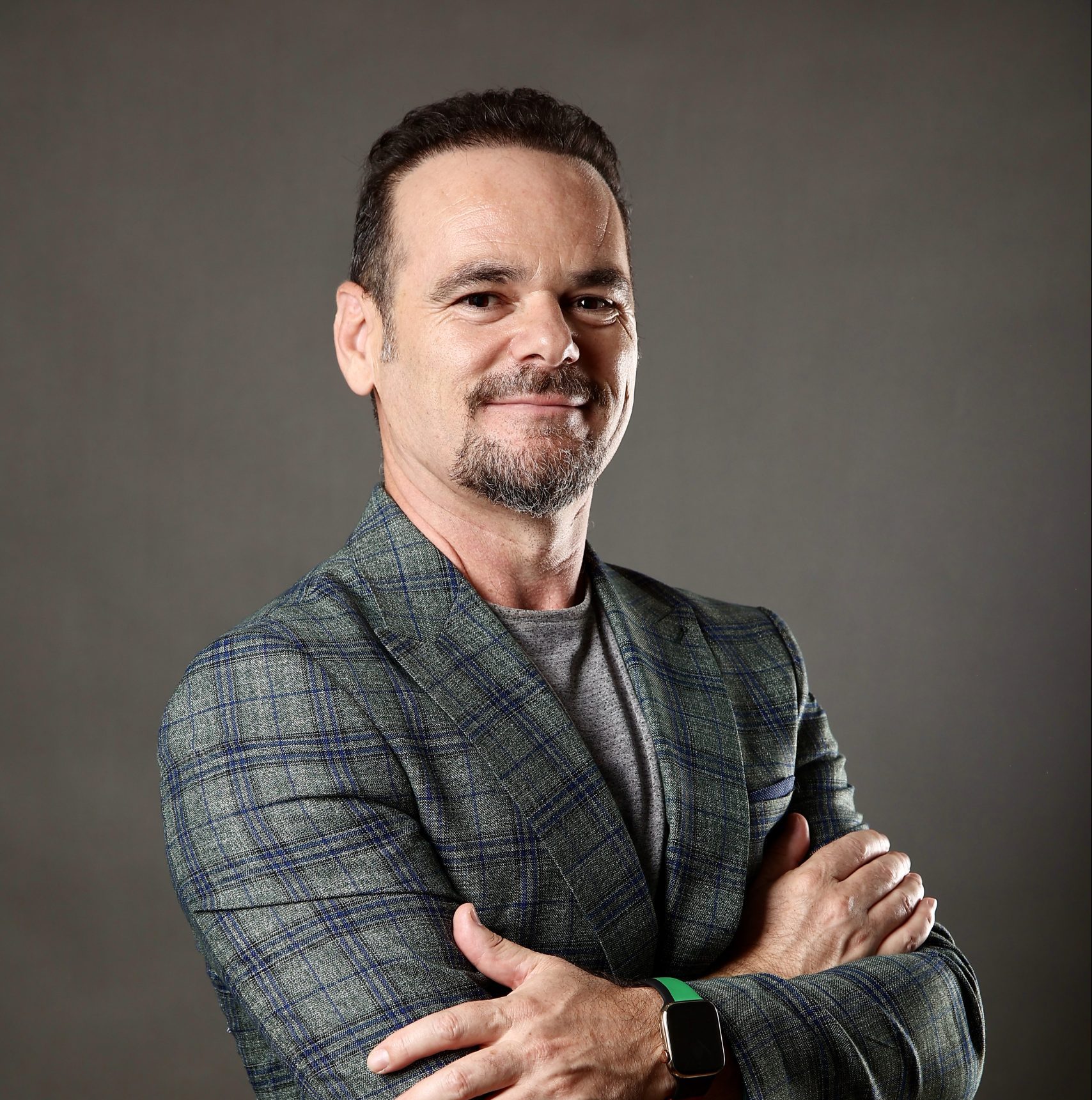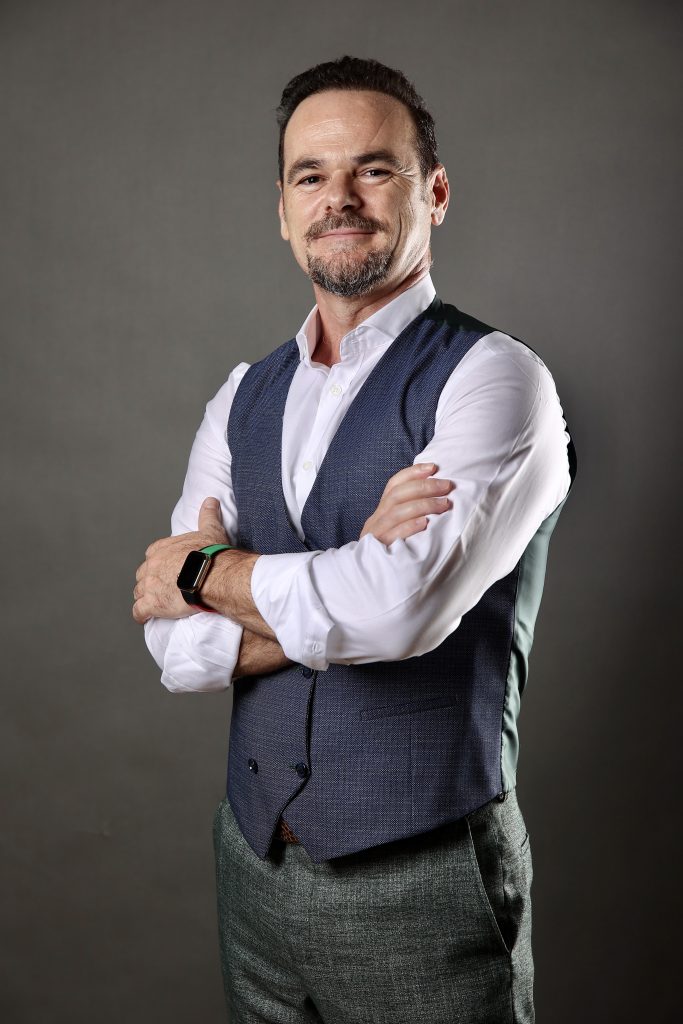In the pages of Global Man Magazine, we are delighted to showcase an extraordinary individual whose impactful global speaking engagements have touched the lives of over a million people in 50 countries. This insightful figure is not just a revered speaker but also an accomplished author with 20 published books and the founding CEO of PublishU. Through his foundation, NAYBA, he exemplifies his dedication to fostering love and building community connections. In this interview, we delve into the inspiration behind his prolific writing, explore the concept of the “dyslexic superpower,” discuss finding balance between urban and rural lifestyles, and examine the transformative potential of genuine relationships in entrepreneurship and community development. Join us as we uncover a world where business, relationships, and social impact intersect.
[ez-toc]
Your extensive speaking engagements have taken you to 50 countries and allowed you to address over a million people. Can you share a memorable experience or lesson from your global speaking tours that had a profound impact on you?
I was giving the keynote speech at a conference in Rome, Italy, for the general counsel from over 170 countries of one of the big four professional services firms. Over the years, I have picked up a tip: ask a client to introduce you to several people who will be in the audience on the day of your speech. Chat with them to understand them and their work and ask if you can reference them in your speech. I did exactly that, and so when I left the platform after my keynote, the Global General Counsel leant over to me and commented, ’Thank you so much; it’s like you know us inside out’.
You’ve written 20 books and contributed to publications like The Times newspaper. What inspires your writing, and how do you choose the topics you want to explore in your books and articles?
What inspires my writing is knowing that my words will be read by people that I may never meet in places that I may never travel. The way that creates the ability to inspire, influence, and impact excites me. I only write, speak, or broadcast about subjects that I’m passionate about, which for me is quite broad, ranging from entrepreneurship, the dyslexic superpower, authentic relationships, community transformation, local food, organic wine, and global travel!
As the Founder CEO of PublishU, you’ve helped over 100 people annually write, publish, and launch their books. Could you describe a particularly rewarding success story from your work with PublishU that stands out to you?
Yes, I remember when one of my students said, “I never thought I would write a book, let alone in 100 days, but I have. Now I am asking myself, “What else have I told myself I cannot do that I actually can?” I love helping people achieve things they never thought they could achieve. Enabling people to write a book in 100 days breaks the glass ceiling of what people often think they can do and empowers them to think bigger and better than they ever have before.
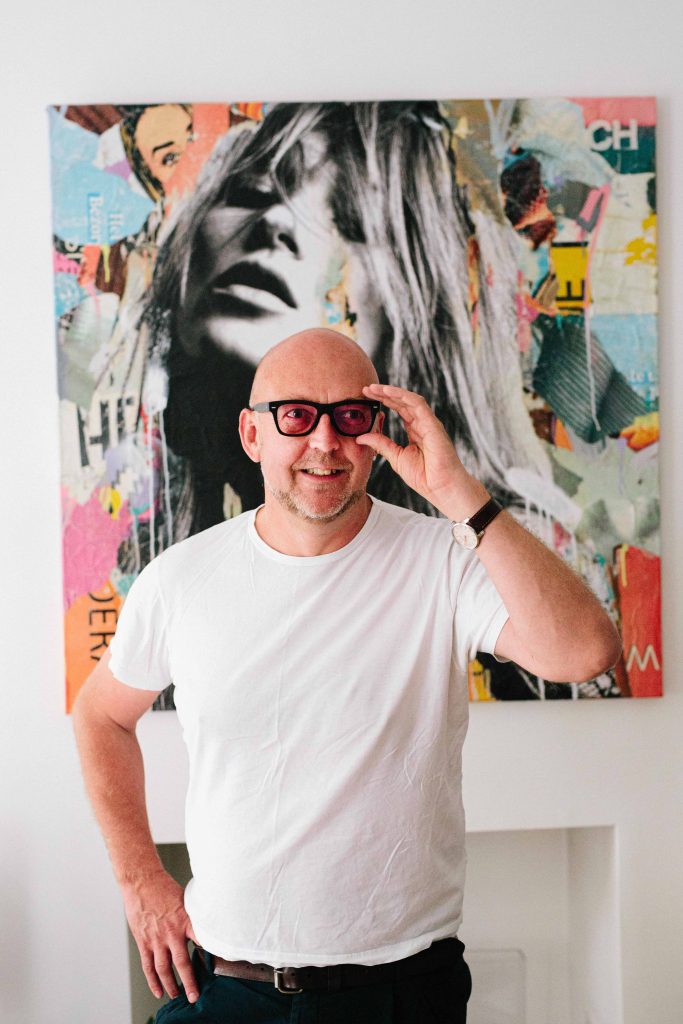
NAYBA, the global foundation you founded, is dedicated to helping churches worldwide better love their neighbours. What motivated you to establish this foundation, and how have you seen it make a positive impact on communities?
In 2010, the then-Prime Minister David Cameron gave a speech about what he called “Big Society.” He explained that his vision was for a big society in which we did not pay taxes to a big state machine that we expected to do everything for us. Rather, as citizens, we should take responsibility for our neighbours and neighbourhoods. This inspired me to start NAYBA because Jesus said, ‘Love your neighbour” (or “NAYBA” in the Belize Kreol language). I was delighted when David Cameron gave us a ‘Big Society Award’.
You mentioned the concept of the “dyslexic superpower” in your speaking engagements. Could you elaborate on what this means and how dyslexia can be a unique strength in entrepreneurship and personal growth?
For me, dyslexia is not a disadvantage; it is an advantage in life. For example, research undertaken by the company behind ‘post-it notes’ explains that your brain processes pictures 60,000 times faster than text. It is said that dyslexics think in pictures and people without dyslexia think in words. Therefore, dyslexia is a superpower that enables you to think super-fast, see the big picture, make connections between ideas, people, and places, solve problems, and lots more. So, it is hardly surprising that a disproportionate number of entrepreneurs are dyslexic.
Living between Covent Garden in London and Noto in Sicily sounds like a unique lifestyle. How do these two locations influence your work and your personal life, and what do you find most inspiring about each place?
As an extrovert, I feed off my environment, so I love both places. I love the urban energy and vibe of Covent Garden, as well as the tranquilly and pace of life in Noto. These two places reflect my love for living life fast and for living life slow. They both feed my work and my rest in different ways.
You’re known for enjoying live music, urban fashion, local food, and organic wine. How do these interests tie into your work as a business and social entrepreneur, and do they contribute to your overall well-being and creativity?
I’m aesthetic. As mentioned, my environment really matters to me. The looks, the sounds, the tastes, and the smells really matter to me. They stimulate my ideas and creativity, my energy and vibe, and my drive and determination. I shrivel in an environment that isn’t in some way beautiful and stimulating.
Your work involves helping people on both personal and community levels. What advice do you have for individuals who aspire to make a positive impact in their communities, but aren’t sure where to start?
Meaning in life is found by what you give not by what you get. I meet extremely wealthy people sometimes however they are hungry for meaning in their lives. I’m delighted to help them find greater meaning by working out the best way for them to give back to the world around them and the world beyond them.
The intersection of entrepreneurship and relationships is a topic you’ve explored. Can you share some insights on how building strong relationships can be a key driver of entrepreneurial success?
Yes. I was invited to speak at an event about networking. I spoke with the organiser to explain that while I love speaking, I hate networking because it is disingenuous, manipulative, and contrived. They immediately said, “You are someone who is into relationships.” I explained, “But I believe we should stop networking and start relationships.” The organiser invited me to speak on that subject, so I agreed. I didn’t want to become known as the anti-networking guy; it’s always bad to be defined by what you are not. So, I thought relationships were a science because we can all learn to do them better and an art because they take a lifetime to master. As I thought about the art, science, and study of relationships, the word “relationology” came to mind. So, I formed the company, bought the web domain, trademarked the name, and wrote a book on the subject based on the belief that relationships are the true currency of business.
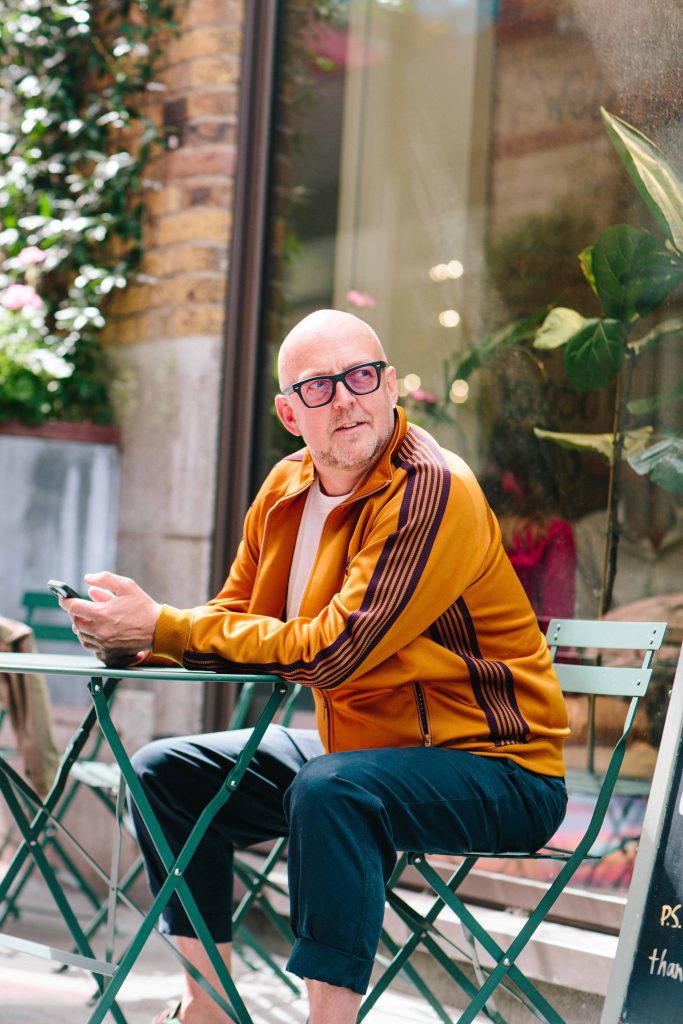
Contact:
Social Media:
We have only 2 tickets left
Book NOW
Networking & Money Bootcamp
If you can’t make it tomorrow – join us for the big National Achievers congress with Robert Kiyosaki on 31st October
Book your ticket here
NAC2310LON | National Achievers Congress London | Landing Page
Hope to see you there


